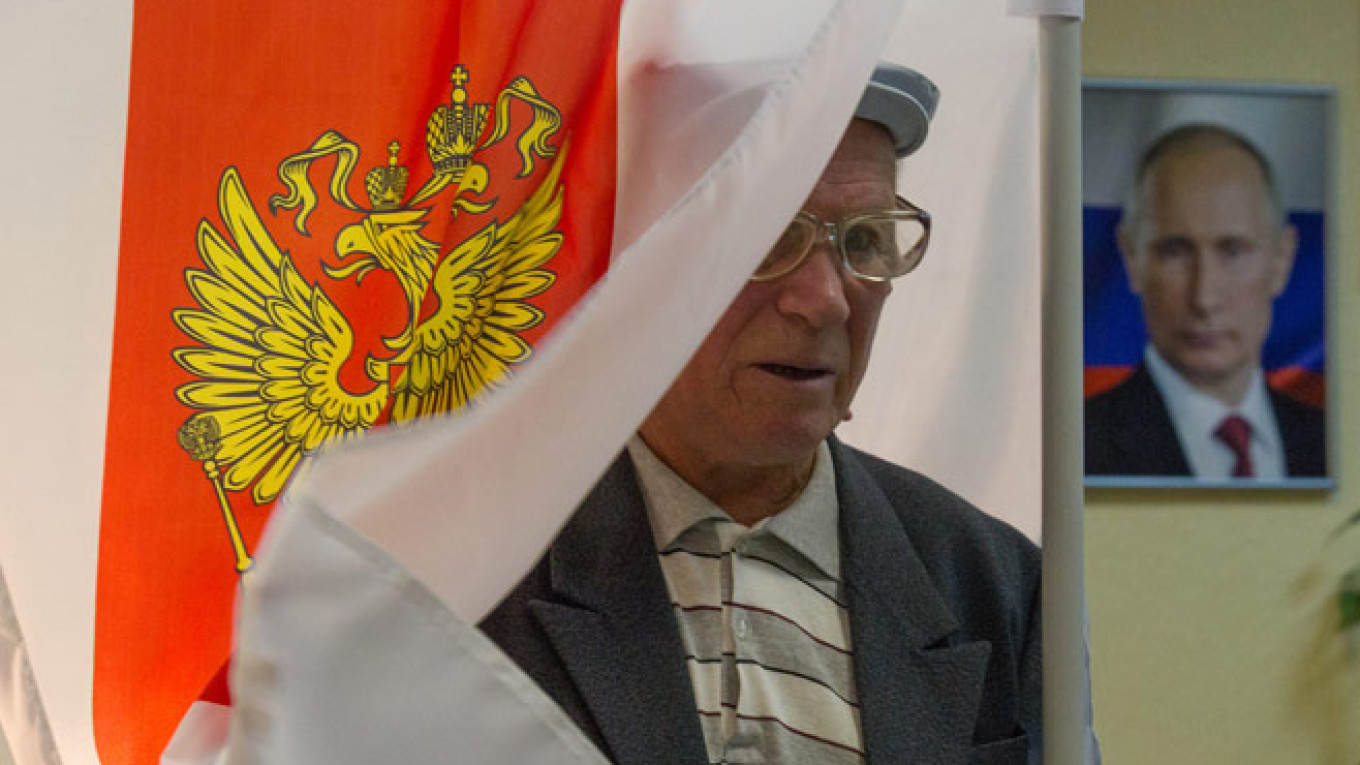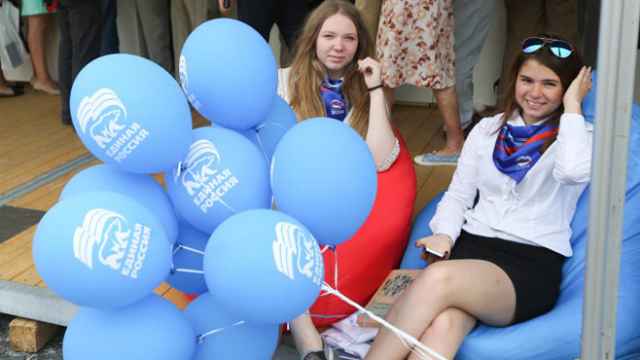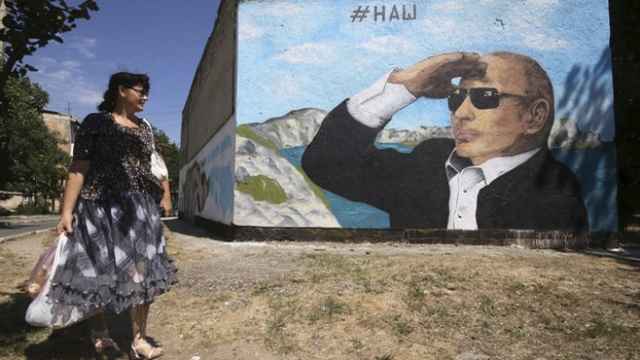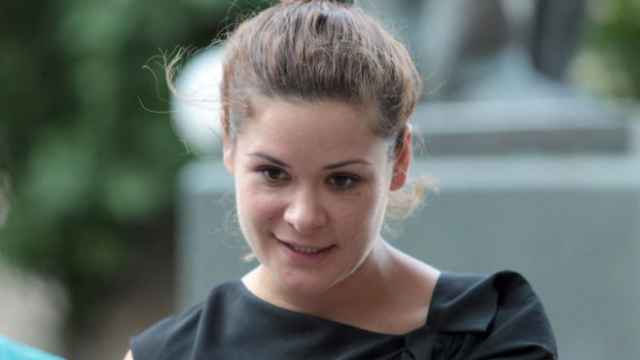Electoral law is the most unstable area of Russian legislation. It changes fundamentally every year, with the result that no two consecutive elections in Russia have been conducted under the same set of rules. Despite official denials, the sole motive in making all of these changes is to allow those in power to preserve the status quo. Constantly responding to shifts in the public mood, the authorities nimbly mould election rules to their own advantage.
Interestingly, the changes in electoral law are always reactive and intended to defend against real or perceived political threats. That was the case when the authorities abolished gubernatorial elections, State Duma elections in single-mandate districts and the election of mayors in regional capitals. (The residents of only 10 regional capitals now choose their own mayors.)
For the same reason, they banned electoral blocs and regional parties when the ruling authorities began losing to them in elections. It also motivated the decision to introduce "municipal filters" in gubernatorial elections in order to exclude strong opposition candidates from registering. As a result, every Kremlin-backed incumbent governor handily wins elections. After all, the easiest way to win an election is to prevent rivals from running in the race.
Needless to say, the authorities follow their own interests exclusively, and not those of the country, in pursuing these policies. Now the Kremlin is actively preparing for parliamentary elections in 2016 and, as usual, has introduced two radical innovations to electoral law. First, leaders have pushed the elections forward from December to September in order to reduce voter turnout in the cities and thereby increase the relative share of votes from rural residents who are loyal to and dependent on the government.
Second, they have once again reconfigured 225 single-mandate districts that were first removed in 2005 and only reinstated under pressure from the mass protests of December 2011.
The new districts have caused widespread outrage and amazement, and call to mind the practice of "gerrymandering" made notorious by U.S. legislators who hacked up districts to serve their own selfish interests.
Russia's new approach to cutting up districts is both simple and cynical. After losing elections in the major cities in recent years, the authorities decided to combine urban and traditionally loyal rural voters so as to make the latter the majority. The villages not only promise more votes for those in power, but are also a more suitable location for falsifying the count.
The resulting map of the country is simply stupefying. Cities are cut into pieces like a pizza, the wider ends extending as far as hundreds of kilometers into the surrounding areas so as to include as many loyal supporters of the government as possible. The new districts have earned the nickname of "daisywheels" or "flower petals."
Now as many as 46 Russian cities — most of them regional capitals — are no longer single political entities, but are arbitrarily linked to provincial territories with which they have little or nothing in common. Ufa is now divided into three districts, Makhachkala into two, Simferopol into three, Kazan into four, Barnaul into four, Krasnoyarsk into three, Perm into three, Volgograd into four, Irkutsk into three, Nizhny Novgorod into an amazing five, Novosibirsk into four, Saratov into four, and so on.
In the past, starting with the first State Duma elections in 1993, the districts were shaped altogether differently. They were formed in order to achieve compactness, define geographic areas facing common issues and to preserve representation for urban and rural populations.
I was elected to the Duma from the city of Barnaul back when it was counted as a single district. Accordingly, the political program was tailored to the issues facing Barnaul and the city had its own representation in the Duma. Now the city will be split into four parts and the deputies representing those districts will not hail from the city or from the outlying rural areas that have been artificially attached to it.
All other major cities have been similarly hacked up. Now, in addition to the opposition and "disgruntled citizens," ordinary citizens risk losing representation in the Duma. The future Duma might represent not so much Russia as a whole, but the conservative, politically inert and loyal periphery.
The previous scheme for structuring the districts that was in force from 1993 to 2005 gave representation to both urban and rural voters and made parliament far more balanced and representative.
The opposition will find it more difficult to run election campaigns in these "daisywheel" districts due to the greater distances involved, their more complex administrative structures and the difficulty they will face in organizing effective control over the voting and tallying procedures in such enormous areas that are so distant from the cities.
So-called "administrative resources" and the personal influence of the governors will now play an even more central role in elections than before. Municipal and district heads will receive orders to provide every possible form of assistance to the favored candidates while the opposition candidate will often find it difficult to physically reach the far corners of the district because of the great distances involved and the bad roads.
The new schemes for reconfiguring the districts not only spell doom for single-mandate districts, but might also lead to the election of a Duma that does not reflect the interests of the majority of the population — making it even less legitimate than the current Duma.
Vladimir Ryzhkov, a State Duma deputy from 1993 to 2007, is a political analyst.
A Message from The Moscow Times:
Dear readers,
We are facing unprecedented challenges. Russia's Prosecutor General's Office has designated The Moscow Times as an "undesirable" organization, criminalizing our work and putting our staff at risk of prosecution. This follows our earlier unjust labeling as a "foreign agent."
These actions are direct attempts to silence independent journalism in Russia. The authorities claim our work "discredits the decisions of the Russian leadership." We see things differently: we strive to provide accurate, unbiased reporting on Russia.
We, the journalists of The Moscow Times, refuse to be silenced. But to continue our work, we need your help.
Your support, no matter how small, makes a world of difference. If you can, please support us monthly starting from just $2. It's quick to set up, and every contribution makes a significant impact.
By supporting The Moscow Times, you're defending open, independent journalism in the face of repression. Thank you for standing with us.
Remind me later.








